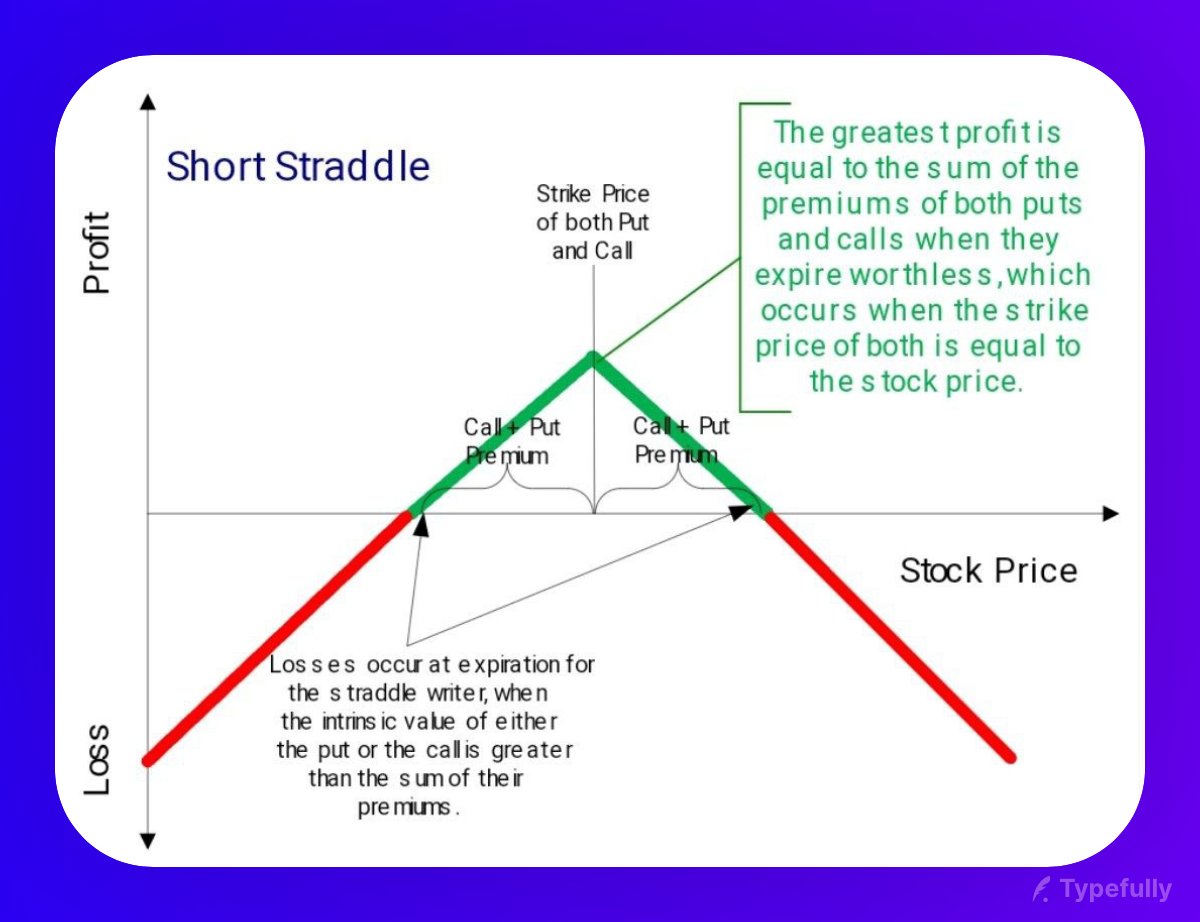As a reminder, the new law imposes a gross receipts tax ranging from 2.5% to 10% on revenues derived from digital advertising services in MD. The tax applies to companies with global revenues from all sources of $100 million+, and no deductions for expenses are permitted.
(2/
The tax must be paid on a quarterly basis throughout the year, with the first payment due April 15, 2021, and fines and penalties for failure to file up to five years’ imprisonment.
Connecticut, Indiana, Montana, and Oregon, are also considering new digital tax legislation.
(3/
The lawsuit filed today in federal court challenges the Maryland legislation on several grounds:
(4/
One is that it violates the Permanent Internet Tax Freedom Act (PITFA). Signed into law by President Obama in 2016, PITFA bans state taxes that discriminate against interstate commerce.
(5/
The Maryland tax does exactly that, being imposed on digital advertising but not non-digital advertising. In a memo diplomatically describing the Maryland tax as "not clearly unconstitutional" the Maryland Attorney General express worry about a PITFA challenge.
(6/
Two is that Maryland's tax impermissibly burdens interstate commerce in violation of the U.S. Constitution's Commerce Clause. Under Supreme Court precedent, states cannot tax or penalize out-of-state activity while leaving identical in-state activity untaxed or unpenalized.
(7/
Maryland is seeking to do this, importing tax revenues while exporting tax burdens by designing its tax to apply only to digital advertising service companies with large global revenues and thereby excluding in-state competitors.
(8/
Additionally, the Maryland enactment harms diplomatic negotiations on global digital taxes in violation of the U.S. Constitution’s Foreign Commerce Clause.
American diplomats are currently...
(9/
enmeshed in negotiations over the French digital service tax and proposed Europe-wide or global digital taxes. Maryland enacting a similar tax while our diplomats are resisting foreign attempts to oppose them is counterproductive.
(10/
In 1979, the U.S. Supreme Court held that state taxes that prevent the United States from “speaking with one voice when regulating commercial relations with foreign governments” violate the Foreign Commerce Clause.
(11/
Three is the lawsuit alleges violation of the Due Process Clause. because the conduct targeted by the law is almost exclusively undertaken by out-of-state companies, it amounts to Maryland impermissibly regulating extraterritorial conduct in violation of due process.
(12/
One immediate hurdle that the lawsuit will face is the reluctance of federal judges to halt the collection of state taxes. A federal law, the Tax Injunction Act (TIA), essentially states that in most cases a taxpayer must pay a tax before bringing a suit to challenge it.
(13/
The lawsuit argues that the TIA should not apply to protect Maryland because of the severity of the rate (10% of gross revenues, some 20 times the rate of the corporate income tax on other businesses), its focus on extraterritorial conduct,
(14/
...that the proceeds do not go to the state’s general fund, and generally that the legislation seems to be less about taxation and more that “Maryland lawmakers disapprove of large advertising companies and intended to punish them.”
(15/
There are plenty of examples from the legislative record to support this contention, including the sponsors unveiling the bill alongside Professor Paul Romer, who has urged increasingly punitive policies on companies that “persist with the targeted ad model,” and...
(16/
...statements by legislative supporters that the bill makes sure that “Big Tech winners” “suffer” and that the act successfully “targeted” “Amazon, Facebook, and Google.”
(17/
It sounds unusual, but the scope of ITFA and the TIA are different. ITFA broadly prohibits any charge imposed for the purpose of generating revenues, except user fees. By contrast, courts have held that TIA does not protect regulatory or punitive impositions.
(18/
The narrower scope of the TIA is important because otherwise the TIA would prevent challenges to any law that might involve government collecting dollars of any kind, be it from fines, filing fees, or user charges.
(19/
Our report concludes:
"More than likely, efforts to impose digital taxes will create nothing but uncertainty for businesses and unproductive legal efforts for taxpayers to fund."
https://t.co/tnYLMQuQ1c (20/20)





























